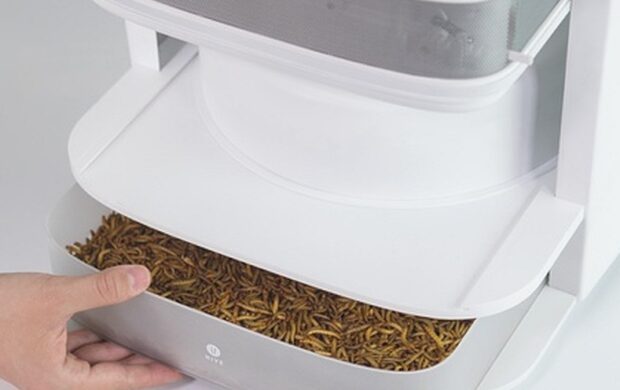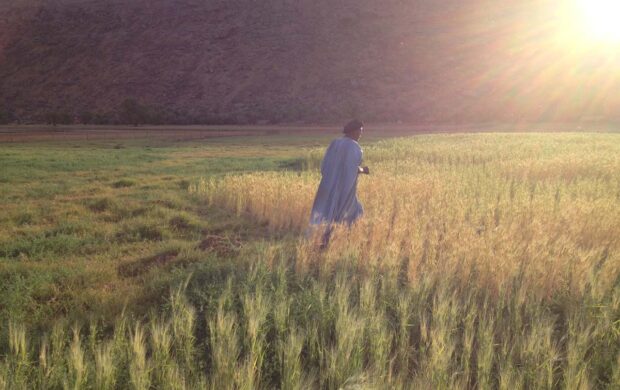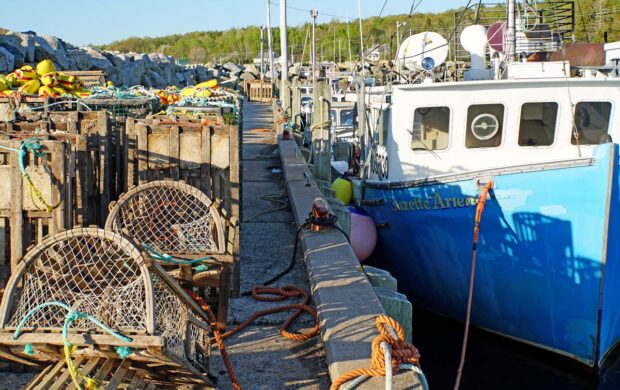An Australian team from James Cook University has identified a type of red alga, Asparagopsis taxiformis, which reduced methane production by 99% when tested on artificial cow stomachs in laboratory conditions. This species of seaweed is effective because it produces a compound called bromoform (CHBr3) that reacts with vitamin B12 in ruminant stomachs to block methane production. Trials are ongoing in Queensland.
Australian team finds seaweed can reduce methane emissions of cows by 99% in lab
Details
- Topic: AgricultureClimate changeEnergySociety & citizens
- Other Tags: AgricultureCarbonProteinSustainabilitySustainable Nutrition




